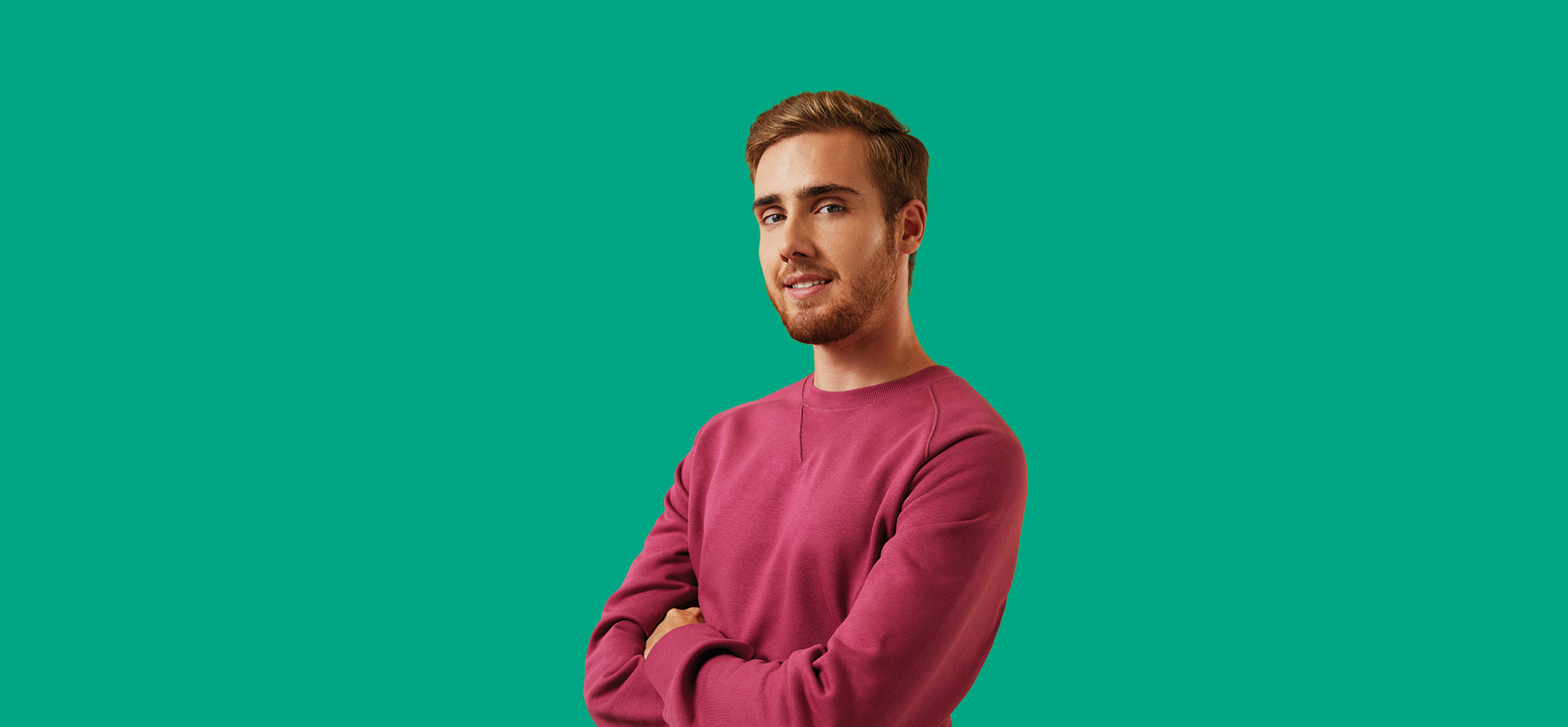The Ecological Transition: businesses share their experience with the students
Published on 09/26/2022
Thematics :
The Ecological Transition: businesses share their experience with the students
Published on 09/26/2022
September saw the launch of a seminar devoted to the transition to sustainability. Second-year students on the Master in Management course attended a round table on 8 September on the theme of ‘How do businesses incorporate the various aspects of the ecological transition into their strategy and operations?’
Guests included representatives of NEOMA’s major partners who shared some thoughts and their commitments with the young audience. Here are some of their comments.
“The ecological transition may involve an outlay but from an accountant’s point of view, an outlay is not always a cost. In this case, it’s an investment. There will be a return on the investment in the future.”
“If I had to give the students one piece of advice, I would say that what they need to develop above all else while they are studying is relational intelligence. This is the most important quality to become a leader, to communicate, to get teams to perform in project mode.” KPMG, Simon LUBAIS, Managing Audit Director
“At Saint-Gobain, one of the reasons we have lasted such a long time is because we knew how to manage every turning point. Nowadays the turning point is environmental. The urgency lies in saving our planet. In order to do that, we are adapting our way of producing and our products themselves.”
“Business is not only about big gestures, little everyday gestures also matter. That’s what makes working in a sustainable development service so interesting.” SAINT-GOBAIN, Lucile CHARBONNIER, Director of CSR and Sustainable Development
“The ecological transition is something we all have to live with. We have seen our professions undergo profound change, and now we need to go beyond what is required by legislation.”
“The issue of the ecological transition is not a binary question, it leads us to make in-depth changes to our whole way of working.” FERRERO, Christophe BORDIN, Director of Social Responsibility
“Consumers nowadays want sustainable products. Although this might present a great challenge for our company, it can also generate great marketing ideas and many opportunities. All businesses can make an impact if they work together.” ESSITY, Estelle VACONSIN, Director of Quality in Sustainable Development and Product Development
“The financial sector has a huge role to play in developing CSR.” BPI, Anne Sophie MARIN, Head of ESG/Climate Plan Capital Development
“The ecological transition has a very large social and economic impact. A transition cannot be carried out unless it is socially and economically accepted.
We are facing a real industrial revolution, and one which is going to require billions of euros worth of investment. Banks and financial systems have an essential role to play in respecting the relevant legislation and going beyond it. Because although legislation is necessary, it is not enough to bring about change.” CREDIT AGRICOLE NORMANDIE SEINE, Stéphane BEUCHER, Head of Energy and Environmental Transition
“The challenge for the consultancy professions is to show that thinking in terms of increased prices is an out-of-date way of looking at the ecological transition. What matters is to find ways of doing just as well with less, of maintaining profit alongside the environmental transition.”
“The environmental transition is a societal project but it is also a business project. Too often, the silo mentality creates more obstacles than it produces solutions. The same rationale of behaviour change should be applied to matters of ecological transition as to any other project, HR, marketing, etc.” SOPRA STERIA NEXT, Floran VADILLO, Director of Ethical Advice and Sovereignty
A big THANK YOU to our partner contributors committed to this subject, for their contributions and lively debate: Lucile Kotler – Charbonnier and Charlotte Camoin from Saint-Gobain, Floran Vadillo from Sopra Steria Next, Simon Lubais from KPMG France, Stéphane Beucher from Crédit Agricole Normandie-Seine, Christophe Bordin from Ferrero, Estelle Vaconsin from Essity, Anne-Sophie Marin from Bpifrance and Pierre Constant from EY



